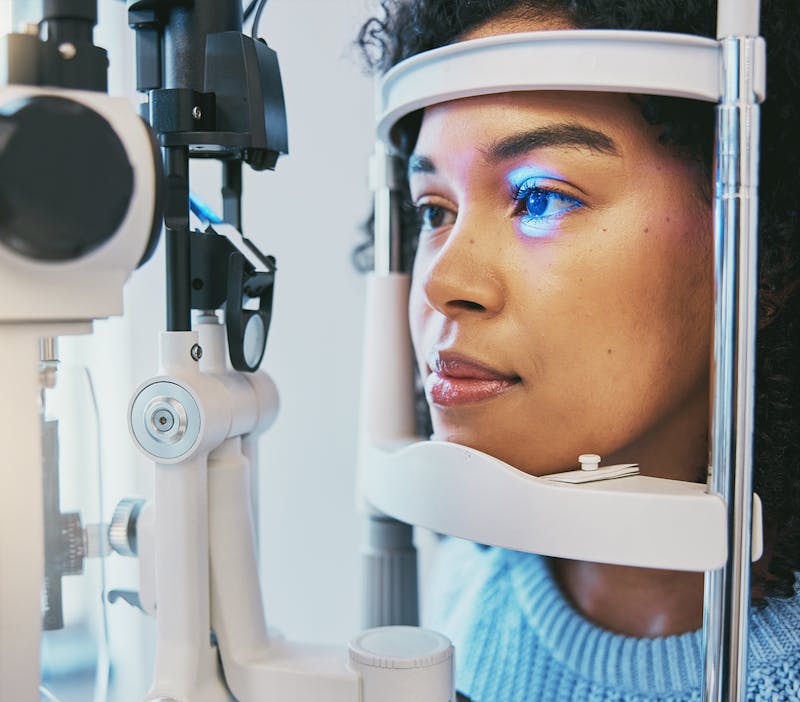Chicago Cornea Expands with Arlington Heights Acquisition
Bringing Premier Ophthalmology and Vision Correction Services to the Northwest SuburbsArlington Heights, IL - Chicago Cornea Consultants is proud to announce the acquisition of the Arlington Heights practice formerly known as Northwest Ophthalmology Associates. This expans...
View More


